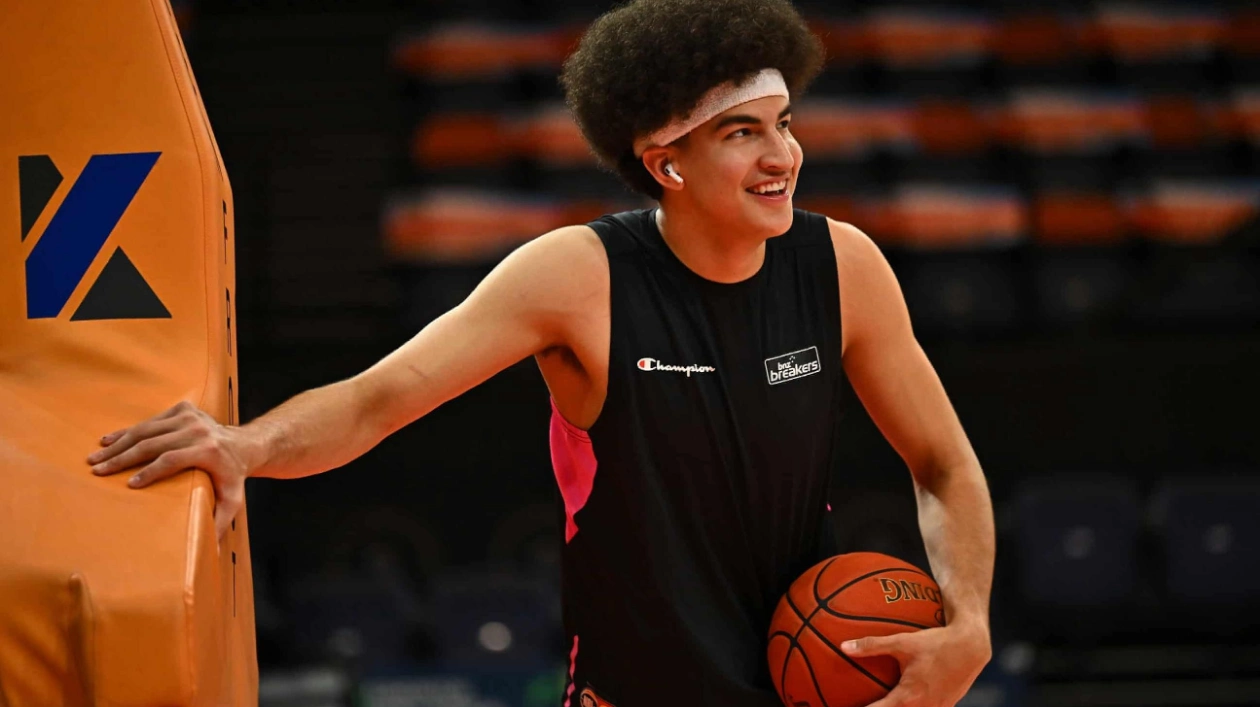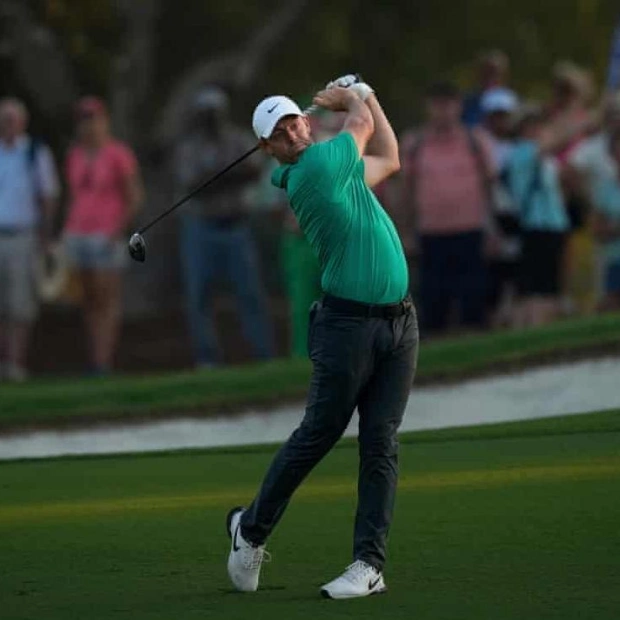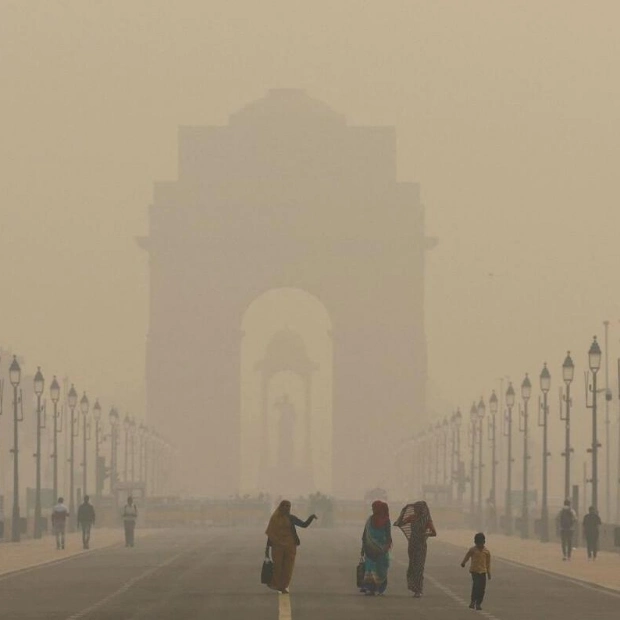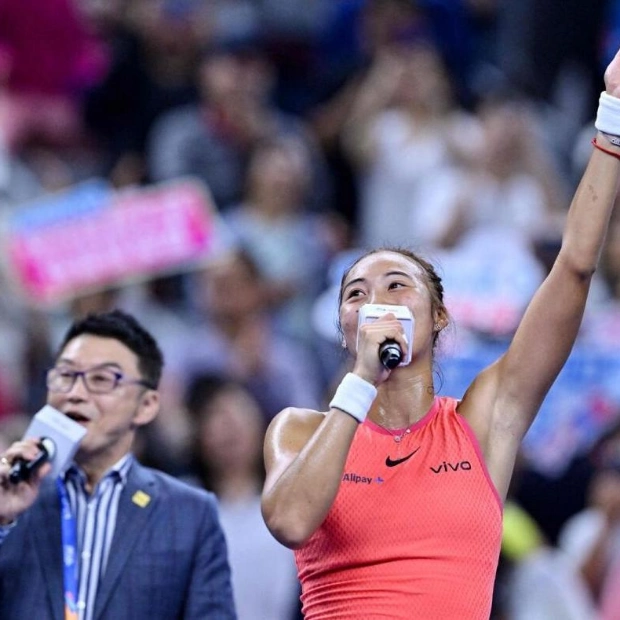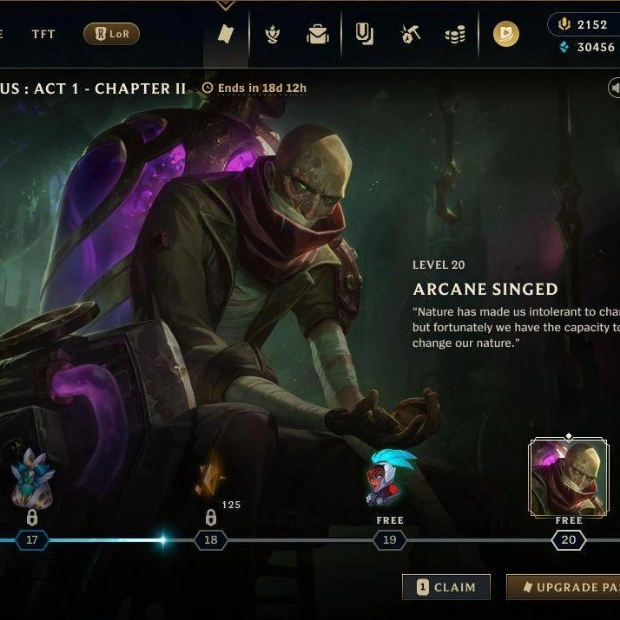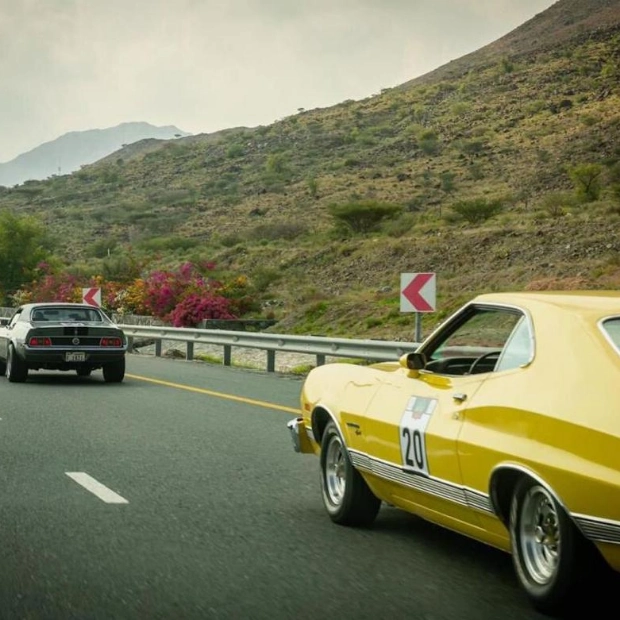The National Basketball Association (NBA) might need to rethink its name and consider adopting a more global identity, such as the International Basketball Association. For six straight seasons, foreign-born players have reigned supreme in the NBA’s Most Valuable Player (MVP) Award. Serbia’s Nikola Jokic has claimed the honor three times, Greece’s Giannis Antetokounmpo twice, and Joel Embiid, a naturalized US citizen with roots in Cameroon, has won it once. Looking back to 2013, over half of the top draft picks hailed from outside the US. Currently, stars like Luka Dončić (Slovenia), Shai Gilgeous-Alexander (Canada), and the prodigious Victor Wembanyama (France) are poised to lead the league once LeBron James steps back.
The NBA boasts a record 125 foreign-born players, making up over 35% of its roster. This diversity extends to countries like Japan, Brazil, Lebanon, the Bahamas, China, and more, positioning the NBA as the most diverse league outside of European football. Mexico, closely linked to the US through migration, proximity, and economics, has also shown a keen interest in producing global talent. The NBA has played 33 games in Mexico, second only to the US and Canada. This year, Mexico City hosted a game between the Washington Wizards and the Miami Heat during Día de Muertos, drawing a sold-out crowd of 20,328.
The NBA’s presence in Mexico has grown significantly, with the country now ranking as a top 10 market for NBA League Pass subscriptions. Young talents like Karim López from Hermosillo, Sonora, are emerging, with López projected to be a top draft pick in 2025. He currently plays in Australia’s National Basketball League Next Star program and represents Mexico’s senior national team.
Despite Mexico’s potential, only six Mexican nationals have played in the NBA, with only four being born in Mexico. NBA Commissioner Adam Silver envisions a future where Mexico contributes more to the league. The NBA has taken steps to foster talent in Mexico, including the establishment of NBA Academy Latin America in 2017 and the introduction of the Capitanes de Ciudad de México to the NBA’s G League in 2019.
Challenges remain, such as a disorganized basketball pipeline and limited infrastructure. However, with initiatives like Bilingual Basketball and the growing visibility of Mexican-heritage players, the dream of a Mexican-born NBA star is more attainable than ever.
Source link: https://www.theguardian.com
